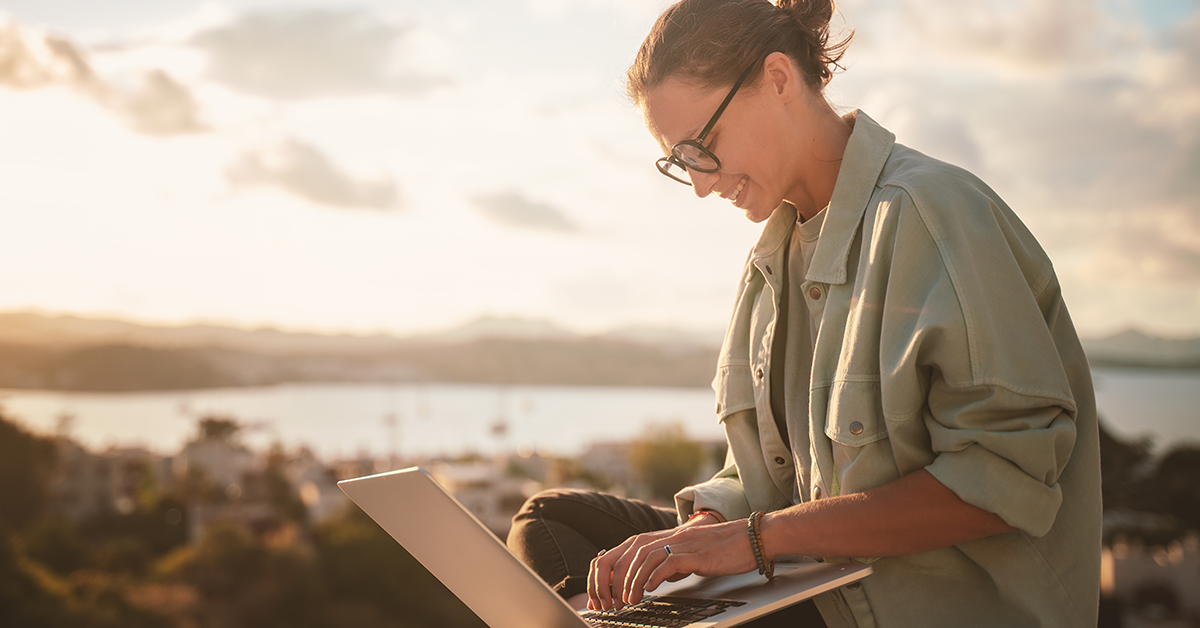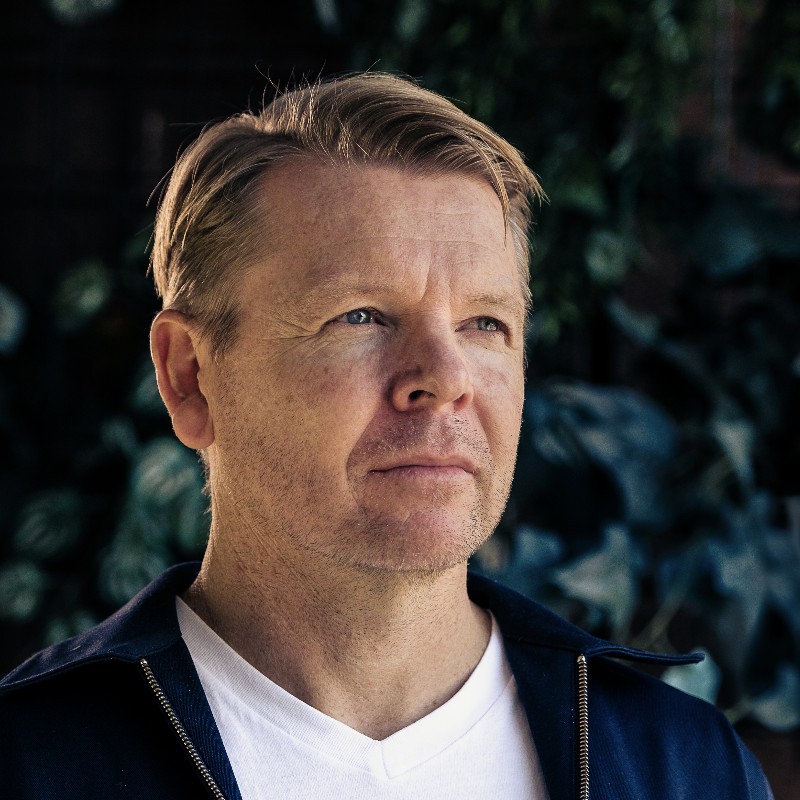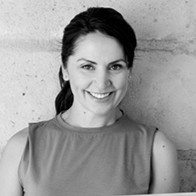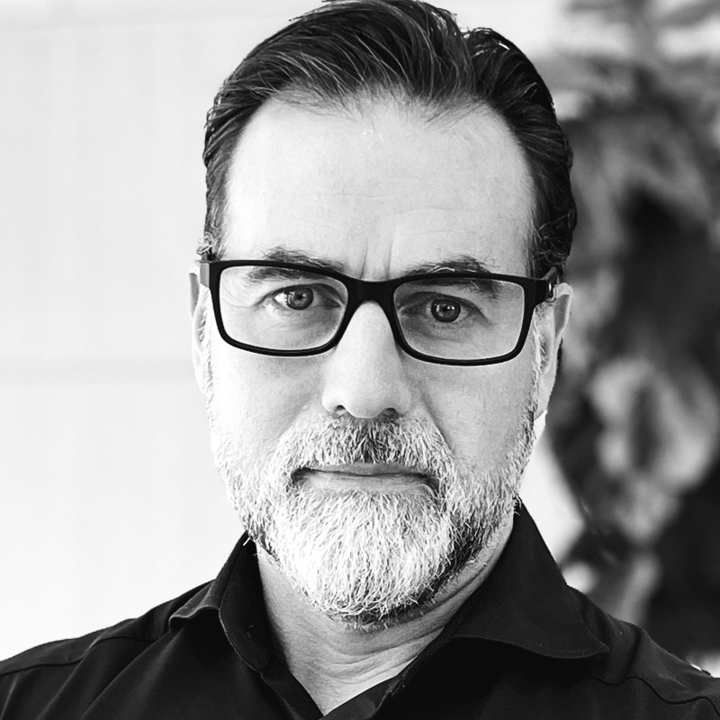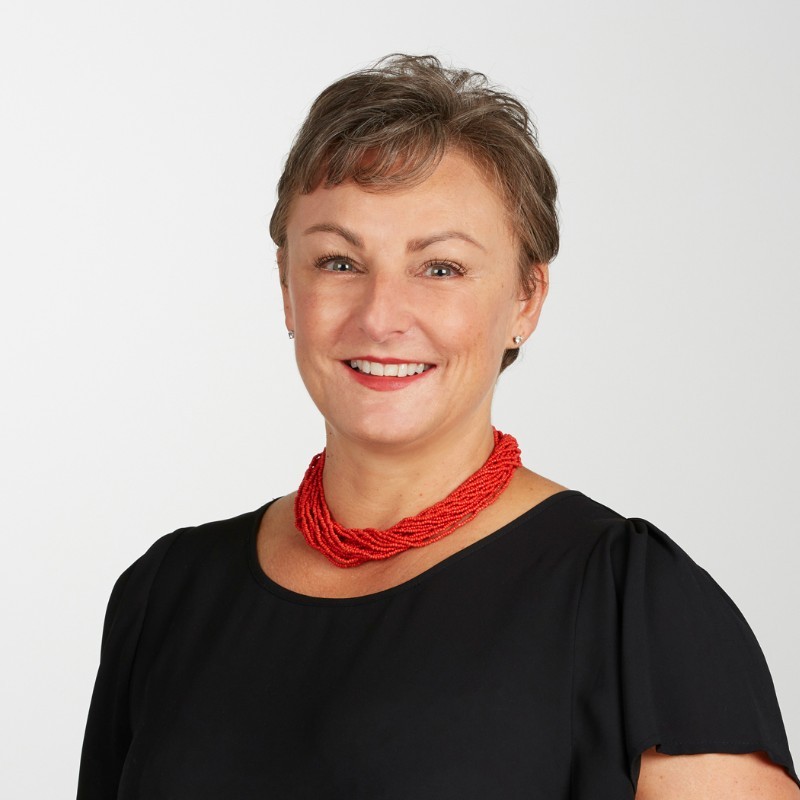This year has felt a bit like a slow-motion slasher film, played in reverse. The mood is getting a little less intense, the jump-scares are becoming less frequent and more characters are emerging from the shadows.
As restrictions lift, we’re starting to realise we’ve become very used to a different way of life and, in particular, a different way of doing our jobs. While some would argue that creatives truly thrive when confronted by limitations – David Ogilvy is often quoted as saying ‘give me the freedom of a tight brief’ – many marketing professionals have found it an incredibly restrictive time and have adapted accordingly.
Before we charge headlong into the sequel, let’s take a moment to examine some of the behaviours, attitudes, skills and habits we’ve (often unintentionally) adopted over the last 18 months or so. It’ll give us the chance to make a call on the things we should pack for the road ahead, and the things we should probably leave in the dust.
Pack it: Creativity
In marketing (and especially in agencies) we often labour under the illusion that creativity is owned by “creatives”, we’ve even got a department with that name on it. I think it’s really limiting to define creativity in a marketing sense as just words & and pictures arranged in media space.
Lockdown allowed us the space to look for creativity in new ways. Some of us were forced to think creatively about our jobs, about our roles, about our businesses. On a personal level, you might have learned to do something new or learned that you weren’t as into something as you previously thought.
Either way, the pandemic brought a whole bunch of unforeseen problems. And creativity is, essentially, problem-solving. If you’ve come out the other side of all this with a new approach, way of thinking, work skill or even hobby – you’ve been creative. I’m hoping that this broader definition of creativity sticks. That we’ve loosened the reins a little on who is allowed to think creatively.
If creativity is a new habit that you’ve picked up, I reckon you should pack it and take it with you on the next leg of your journey.
Leave it: Preconceptions
I used to think Jacquie Lambie was something of a political joke, but watching her change her mind in public has persuaded me to do the same. I’m still opposed to a lot of the things she has shown support for, but she’s one of the very few people in Australian politics who has shown a willingness to change their minds when presented with new information.
Considering we’re living in an age of accelerated change, where we need to be able to come to terms with a constant stream of new information, that’s a skill worth cultivating. And the key is to slow down a little.
The ‘hot take’ is not as useful as the considered response. One of my favourite reads is called ‘Delayed Gratification’, which practices the art of Slow Journalism. They take three months to analyse the news from the preceding three months. They also do infographics better than almost anyone on the planet.
So, your preconceptions, your long-held beliefs, your prejudices, your ‘die in a ditch positions’? Chuck ‘em. You’ll travel lighter.
Pack it: Planning
For all the talk of ‘freedom day’ we’ve discovered that life after lockdown is not quite that spontaneous. Booking a table instead of just turning up to the restaurant. Leaving a deposit instead of a handshake. Checking all your calendars before agreeing to catch up.
For those of us who’ve embraced remote work, rather than just suffering through it, we’ve discovered that planning is the secret sauce that makes it possible to genuinely collaborate, get across timezones and work around different life commitments. We also discovered a lot of ‘this zoom could have been an email’ moments.
The big learning for the future of work is that this stuff ‘doesn’t just happen’.
At the macro level, you need policies and culture, technology and communication. On the micro-level: agendas, meeting moderation, pre-reading, handovers and so on.
Just like a tight brief can inspire creativity, a bit of planning and discipline is the key to productivity – which is a fancy word for ‘getting stuff done’.
It’ll be tempting to get back in the office, face to face, and revel in the social contact, the banter, the informal connections we’ve missed. But when you marry the discipline of remote with the energy of live, that’s when hybrid work will really start to hum.
So pack your planning skills. Your colleagues and clients will thank you for it.
Leave it: Disconnection
The pandemic forced all of us to be a little more hermit. We got into the habit of being disconnected from people, from relationships and from interaction. But on a deeper level, we also became disconnected from consequences.
We laugh at people panic buying toilet paper until we realise there’s no toilet paper so we start stockpiling toilet paper. We hunt for bargains online and complain about all the vacant shopfronts in our neighbourhood. Like the bumper sticker says: you’re not sitting in traffic, you are traffic.
This is symptomatic of the bigger picture: Health. Climate. Housing. The Economy. Supply Chains. The sooner we realise that our actions connect us to each other the sooner we’ll stop acting like complete dicks – even if we don’t mean to.
If you’ve got into the habit of using lockdown as a cover for staying disconnected, let’s try to leave that one at the gate. Ultimately, we’re all on the same journey.
Pack it: Inclusion
We talk about Zoom fatigue and the desire to get back to Face 2 Face, but the forced pivot to online collaboration has also allowed more people to have a seat at the table. We should keep doing that.
My friend Tim Sands founded Splendid Group (the agency where I’m now Executive Creative Director), over 7 years ago, as a completely remote offering. He planned it this way mainly to give himself a job that he could take with him as he followed his partners’ career around regional Australia. No major agency was going to let him do that.
As he grew Splendid, he discovered a community of ex-colleagues who also wanted a similar situation. They tended to be senior women, looking to resume their careers after taking a break to start a family, but unwilling to sign-up for the 60+ hour work weeks that had become standard in adland. Splendid Group has been able to include lots of different people, in lots of different locations and circumstances, who are all using technology to have a little more of both the career they want and the life they need.
It’s not all gravy, however. McKinsey’s latest report shows Covid-19 and WFH has had a disproportionate impact on female progression in the workplace, for example. There’s a real risk, moving out of the pandemic, that we’re going to walk away from this opportunity of greater inclusion.
Technology, when used correctly, allows flexibility. And flexibility is a starting point for more inclusion. Let’s pack that and bring it with us.
You've formed new habits, whether you realise it or not.
The old saying practice makes perfect was only half right. In reality, its practice makes permanent. It takes humans, on average, 66 days for a new habit to become an automatic behaviour.
Which means if you’ve lived anywhere on planet earth over the last couple of years, the pandemic has forced you into new patterns which have probably become automatic without you realising it.
Just because we have acquired a new habit doesn’t mean we have to keep it. It’s worth reflecting on how you’re working now and what it means for your role and your career. Then make a decision about whether you want to take it with you into the year ahead.
If you've found yourself accidentally feeling comfortable in feeling disconnected – from other people, from relationships or even the consequences of your decisions – now's the time to break that habit and re-engage.
Same with your preconceptions. It might take a bit more work to leave them behind, but now’s the time to start cultivating the ability to change your mind when presented with new information. It could become your next superpower.
A bit like going to the gym after a long break, it’ll hurt at first, and feel kinda weird. But stick with it.
On the other hand, your new habits of creativity, planning and inclusion are absolutely worth putting in the suitcase, even if you haven’t thought of yourself as particularly creative, or much of a planner or examined your hiring biases before now.
It’s a new old world out there. Pack your (positive) habits and go explore.
Latest.
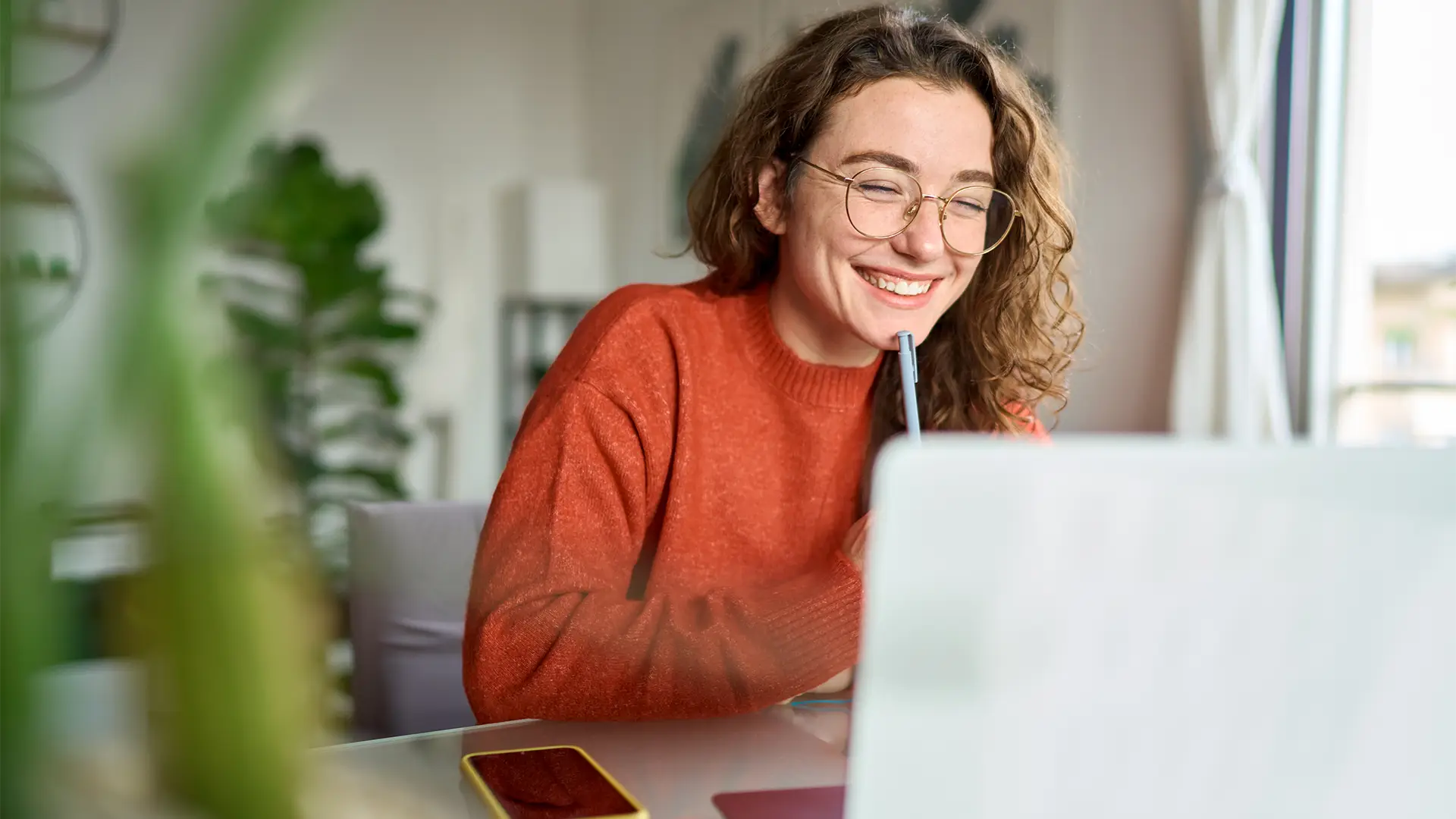
5 simple (but powerful) ways to shine in your design interview.
Job Seeker, Design
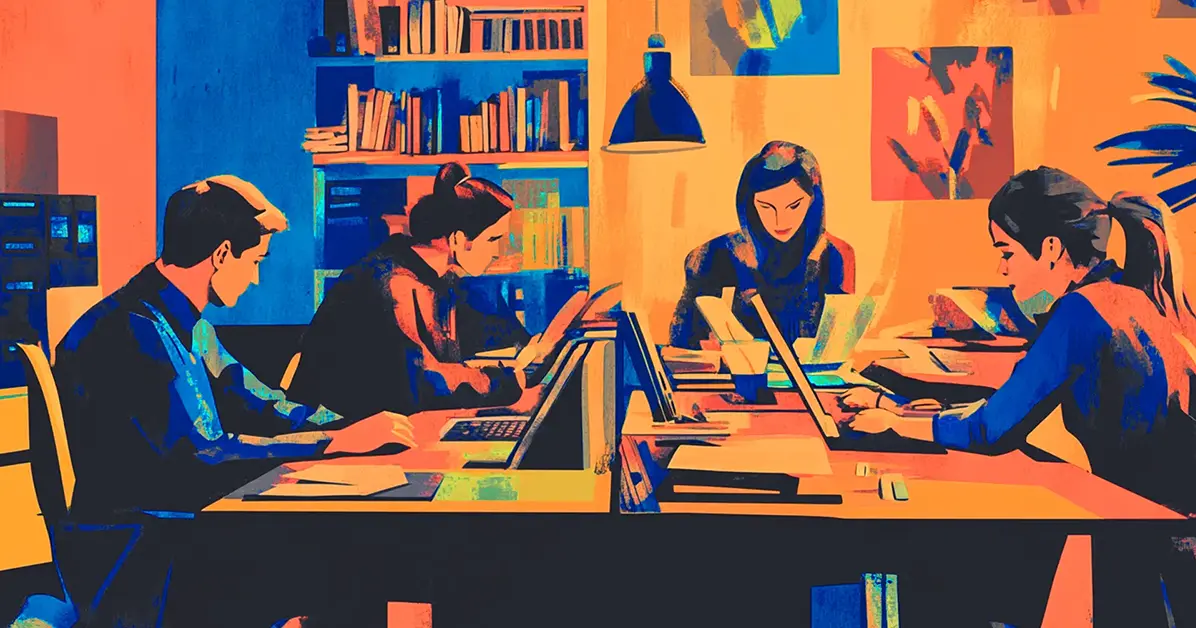
How to demonstrate the value of your design team in 2025
Thought Leadership, Design, Industry Trends, Leadership
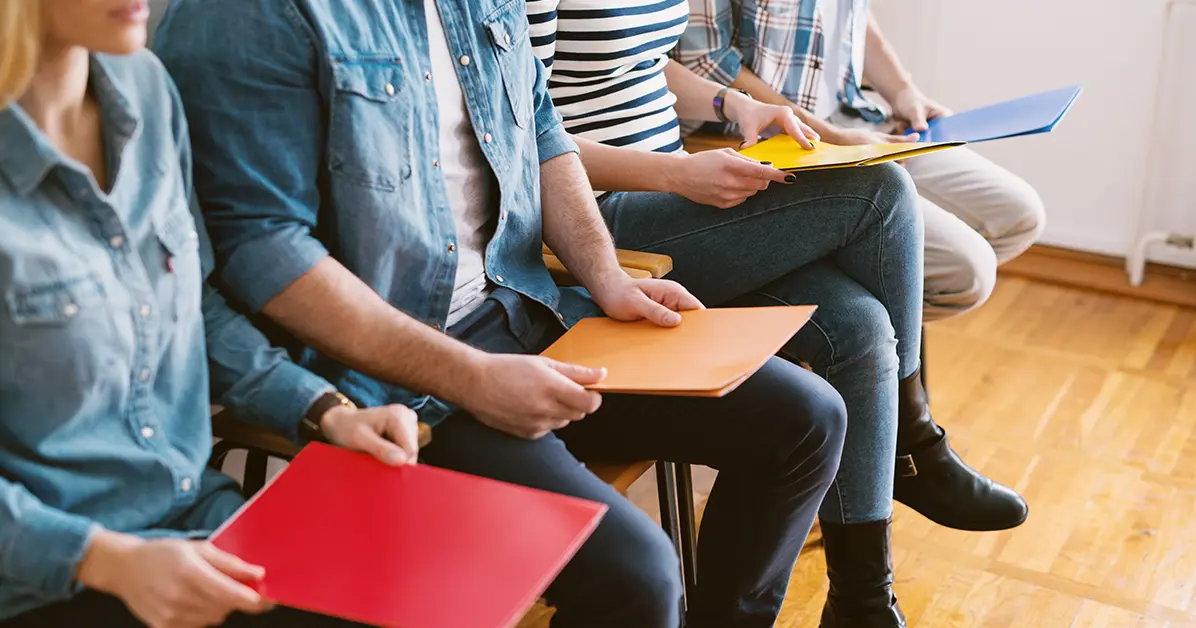
Ace your interview: Words to watch out for.
Job Seeker
